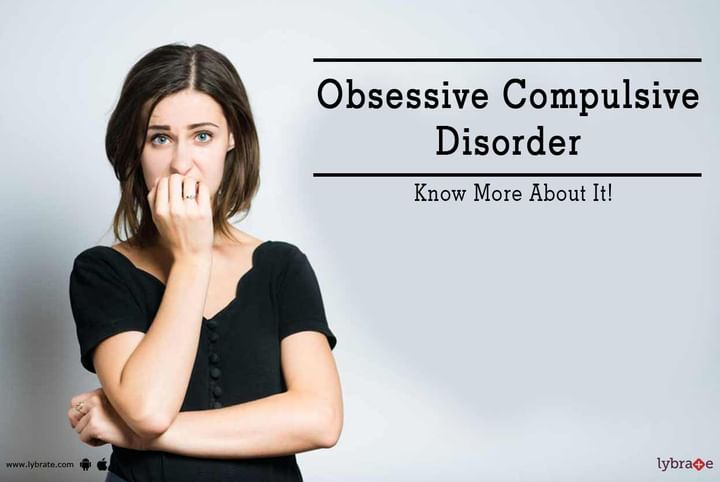Obsessive Compulsive Disorder - Know More About It!
One of the researches that have come out a few years back suggested that almost every individual has an obsessive compulsive disorder (OCD) to an extent. The trouble starts when this anxiety disorder breaches out of control and damages his/her social well-being. What is obsessive compulsive disorder (OCD)? Let us have a look at it in detail.
What is obsessive Compulsive Disorder?
Obsessive-compulsive disorder (OCD) is a type of anxiety disorder, where people have a recurring feeling to do an activity with unwanted thoughts, ideas or sensations (obsessions). The recurring feeling can drive them to do the activity repetitively (compulsions). The repetitive behaviors can include simple tasks like hand washing, checking and rechecking things, Cleanliness and hygiene. They have the potential to interfere with a person’s social interactions and his general well being. Our human mindset is made up of thoughts for which an equal action occurs.
For people with Obsessive-Compulsive Disorder (OCD), these ideas continue to dominate them to do the same thing again repeatedly and not doing them causes great distress and agony to them. Most of the people with OCD can recognize that they have the condition, but the imbalances make them unable to stop the occurrences. They usually start at an early stage and continue into adulthood where the condition dominates at its peak. For most of them, an OCD can exist as just a random thought - often disturbing, and they would be helpless in most cases to have control over it. Some of the examples of the compositions include cleaning, hygiene, Checking and re-checking, arranging and mental compulsions.
Treatment for OCD:
So now since it is established that it is an imbalance of the brain let us look at the treatment possibilities. One of the treatments is Cognitive Behavioral Therapy under the Psychiatry Branch. The therapy is an exposure type of treatment where the patients are exposed to the situations where they have basically no control. Through this exposure and in medically contained environments, patients can identify that they can control and monitor their anxiety and depression levels without having to do the repetitive behavior. It can be a bit challenging for the cases that involve mental illusions as they cannot be recreated, but they can be effectively curbed when channelled through alternative means. Also, medications and anxiety reducing drugs along with the psychiatric therapy can help to a great extent in the treatment. Relaxation techniques such as meditation, yoga, and massages also help in having greater control of the disease.
Having a healthy lifestyle and having a general awareness of the warning signs and what do to when the indications occur can go a long way in the betterment of life. It is a slow treatment process and requires a lot of patience for the therapy to be successful. Having patience in a way contributes towards the well-being of the person indirectly.



+1.svg)
